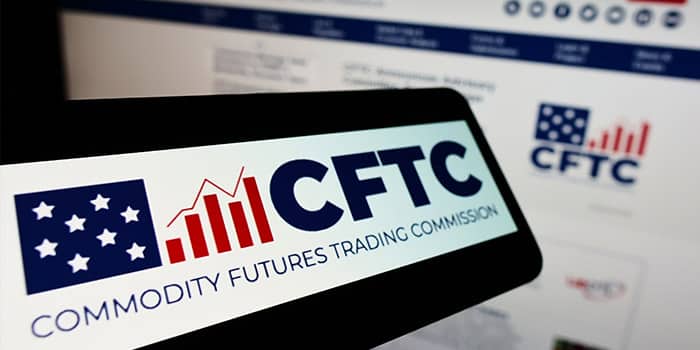- Casino
- By State
- Alabama
- Alaska
- Arizona
- Arkansas
- California
- Colorado
- Connecticut
- Delaware
- Georgia
- Florida
- Hawaii
- Idaho
- Illinois
- Indiana
- Iowa
- Kansas
- Kentucky
- Louisiana
- Maine
- Massachusetts
- Maryland
- Michigan
- Minnesota
- Mississippi
- Missouri
- Montana
- Nebraska
- Nevada
- New Hampshire
- New Jersey
- New Mexico
- New York
- North Carolina
- North Dakota
- Ohio
- Oklahoma
- Oregon
- Pennsylvania
- Rhode Island
- South Carolina
- South Dakota
- Tennessee
- Texas
- Utah
- Vermont
- Virginia
- Washington
- West Virginia
- Wisconsin
- Wyoming
- By State
- Slots
- Poker
- Sports
- Esports
Rising Sports Betting Trend Puts Young Men at Risk of Gambling Addiction
A high-risk for developing gambling-related issues was identified in 19% of individuals aged 18 to 24, according to a recent report from Rutgers University

In a rapid expansion of legal sports betting across 36 US states, the gambling industry is witnessing unprecedented growth. However, experts are expressing growing concerns about the toll it may take on the mental health of young men.
A Rutgers University Report Unveils the Impact of Online Betting on Gen Z
The surge in online betting, particularly through sportsbooks offering enticing incentives like credits and first-bet loss returns, has firmly gripped the attention of the Gen Z demographic, reported the New York Post.
A recent 2023 gambling prevalence report from Rutgers University in New Jersey revealed a significant shift, with one-third of bettors aged 18 to 24 exclusively engaging in online wagering, surpassing any other age group and marking a fivefold increase from a 2017 report.
Lia Nower, the director of the Center for Gambling Studies at Rutgers University School of Social Work, emphasized the hidden dangers of mobile gambling. She cautioned that individuals could be gambling away their houses on their mobile phones while sitting at the dinner table, and no one would be aware until the complete devastation of their entire families occurred.
Nower pointed out that the more individuals gamble, the higher the likelihood of developing not only gambling-related problems but also mental health issues such as depression, anxiety, and suicidality.
A concerning revelation from the report was that younger men, specifically those aged 18 to 44, were identified as the most high-risk group for problem gambling. Of this group, 19% of individuals aged 18 to 24 were found to be at high risk for developing gambling-related issues.
Psychologist Reveals Gambling’s Dopamine Surge
Responsiblegambling.org highlighted that players between 18 to 20 years old were significantly more prone to chasing losses and betting beyond their financial means, raising alarms about the potential for immediate devastation.
Furthermore, psychologist James Whelan, director of The Institute for Gambling Education and Research at the University of Memphis, shed light on the addictive nature of gambling, comparing it to substances like smoking, drugs, or alcohol.
Whelan explained that not the only one but the strongest factor in the addiction to smoking, drugs, or alcohol, debatably, is dopamine. He pointed out that when individuals gamble, their brains secrete more dopamine than when engaging in any of those other activities.
Pamela Brenner-Davis, team leader of the New York Council on Problem Gambling, warned that the under-25 population is particularly vulnerable to gambling addiction due to their not fully developed brains being predisposed to addiction.
As the sports betting trend continues to rise, experts are urging for increased awareness and measures to protect the mental well-being of the younger demographic.
Related Topics:
Silvia has dabbled in all sorts of writing – from content writing for social media to movie scripts. She has a Bachelor's in Screenwriting and experience in marketing and producing documentary films. With her background as a customer support agent within the gambling industry, she brings valuable insight to the Gambling News writers’ team.
Previous Article

Industry
January 2, 2024
College Football Playoff Set to Spark Intense Betting Action

Must Read
Industry
April 15, 2025
Brazil Weighs Stricter Rules on Gambling Advertising
More Articles





Esports
April 18, 2025
FIFA Blamed for Increase in Underage Gambling in UK

Casino
April 18, 2025
Florida HB Seeking to Upgrade Illegal Gambling Punishments

Legal
April 17, 2025
Appeal to Keep Evolution’s Accuser Anonymous Denied

Lottery
April 17, 2025
CTLC Says Its Members Didn’t Violate the Texas Law












